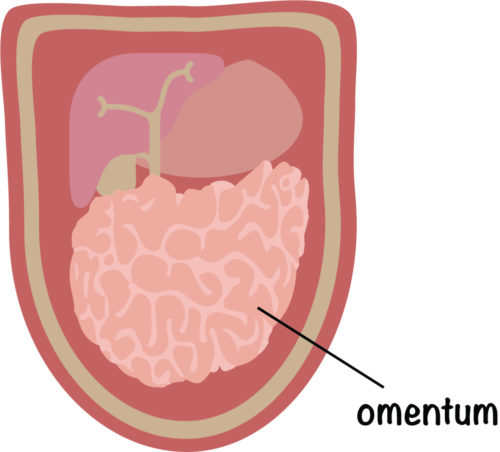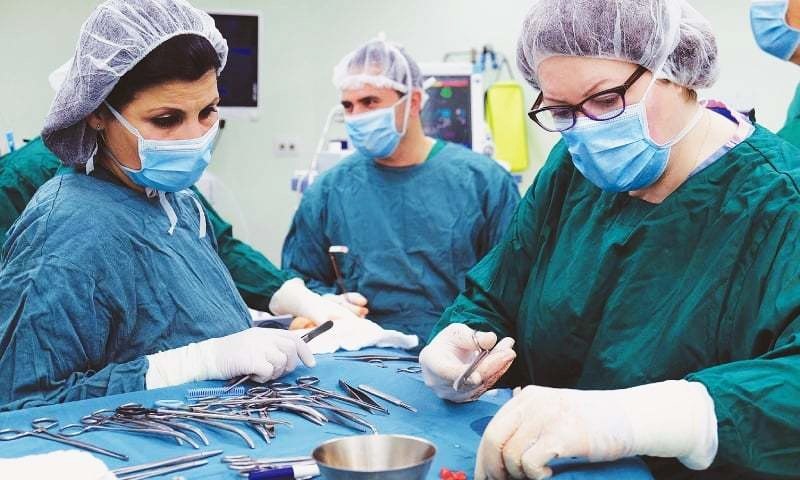Oophorectomy in Ukraine
Search and Compare the Best Clinics and Doctors at the Lowest Prices for Oophorectomy in Ukraine






































































































































No Time?
Tell us what you're looking for and we'll reach out to the top clinics all at once
What does a Oophorectomy Procedure Involve?
A general anesthetic is used during oophorectomy and the procedure can be performed in two different ways: laparotomy or laparoscopy. With laparotomy, your surgeon will make a single large incision in your lower abdomen to gain access to your ovaries. Then, your surgeon removes the ovary by separating each ovary from the blood supply and tissue that surrounds it. With a laparoscopy, your surgeon makes three small incisions in your abdomen to insert a small surgical tool and laparoscope (a small, flexible tube with a tiny camera and a light on its end). The surgeon separates each ovary from the blood supply and the surrounding tissue and places it into a pouch. The pouch is then pulled out of your abdomen through the small incision.
How Long Should I Stay in Ukraine for a Oophorectomy Procedure?
If you have a laparoscopy, you only have to stay in the hospital for a day. If you have laparotomy, expect to stay in the hospital for 2 or more days. However, you will need to stay in Ukraine a bit longer, at least around 7 to 14 days for the initial recovery, follow-up checkups, and for the removal of the stitches.
What's the Recovery Time for Oophorectomy Procedures in Ukraine?
You may be able to return to your normal routine and go back to work within 2 to 3 weeks after oophorectomy with laparoscopy. If you undergo laparotomy, you may need six weeks until you can resume your full normal activities.
What sort of Aftercare is Required for Oophorectomy Procedures in Ukraine?
You will need to refrain from sexual intercourse for a few weeks and also avoid heavy lifting and exercise during the recovery period, but make sure to get up and about as soon as you can. You may need to make dietary changes and avoid using tampons.
What's the Success Rate of Oophorectomy Procedures in Ukraine?
Oophorectomy has a high success rate of 97.5%. However, there are some side effects, complications, and risks you need to be aware of before the procedure, such as hot flashes and vaginal dryness (menopause symptoms), memory problems, decreased sex drive, heart disease, depression, anxiety, and osteoporosis.
Are there Alternatives to Oophorectomy Procedures in Ukraine?
The alternative to oophorectomy depends on what medical condition you need the procedure for. If you have endometriosis, your alternative is hormone therapy. Hysterectomy can also be an alternative to this procedure.
This information has been accurately sourced and verified by a medical professional for its accuracy, however, we strongly recommend you to consult with your doctor before pursuing medical procedures overseas.



















